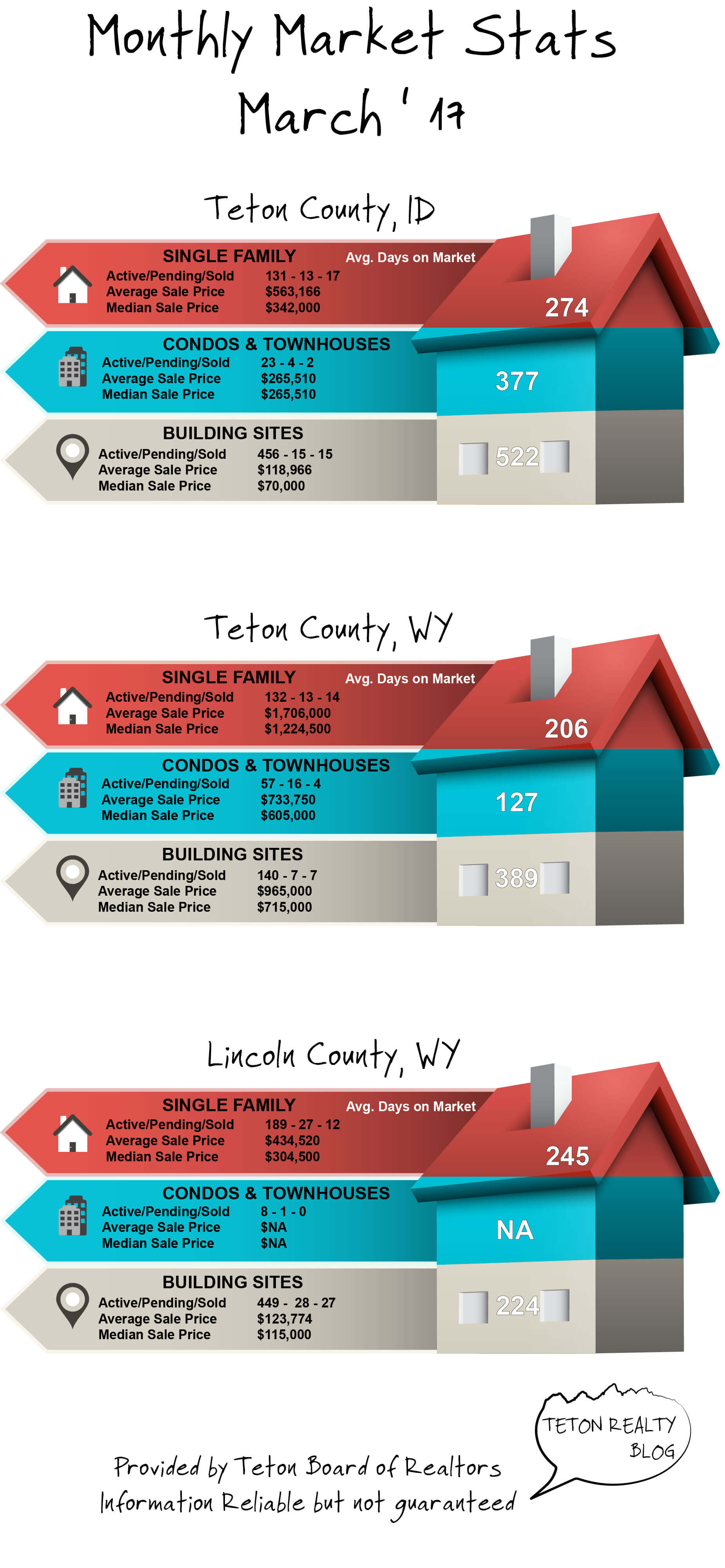
Here in Teton County Idaho, closing a transaction is a bit more complex due to the proration of utilities at closing. A couple of things need to be taken into consideration. Those items typically include property taxes, electricity, liquid propane or oil, water and sewer bills, local improvement district assessments, and so on.
Most of the above items will be addressed in any real estate transaction in most every state. Here in Idaho, taxes are assessed in arrears. I have written a few different articles on how property taxes work, I’m happy to provide that link. If anyone has pre paid their taxes, they will get a credit at closing. Otherwise the seller might have a deduction on their closing statement. In this scenario, the buyer would be responsible for the entire tax bill when it comes due.
Things I would like to focus on would be electricity, liquid fuel, and Municipal Water and Sewer bills.
When it comes to electricity in Teton County Idaho, the provider is Fall River Electric. Fall River Electric is actually a co-op with over 13,000 members in three states and eight counties. The co-op owns and manages several hydro-electric stations in the region. The co-op operates on a non-profit basis with a primary goal to deliver safe and reliable electricity to it’s owners. Revenue that exceeds the cost of delivering this service is allocated back to the owners in the form of capital. This capital is distributed approximately every 20 years. Over time this Capital accumulates. So, what happens if you sell your property prior to receiving your funds whereas co-op only distributes every two decades? The answer is that you are still entitled to these accumulated funds, but you can’t receive payment until distributions are made. With that being said, if you’ve owned the property here in Teton County for any significant amount of time, it’s a good idea to make sure you continue to keep your account address updated with Fall River Electric. In the short-term, you will be working with prorating electricity charges through the date of closing. Fall River is extremely efficient when it comes to keeping track of member accounts. It is a good idea for a new buyer to set up an account prior to taking possession, and providing the exact date of closing. If the seller also provides the exact date of closing, Fall River Electric can bill accordingly. For this reason, we usually don’t see any prorations on a closing statement when working with your real estate agent and Title Company. It’s also important to remember that Fall River ties the bill to the property, not the owner. Even if the owner leaves an unpaid balance, it will run with the property and the new owner will be responsible to make that payment. Most of the title companies are very good about making sure balances are current prior to closing.

